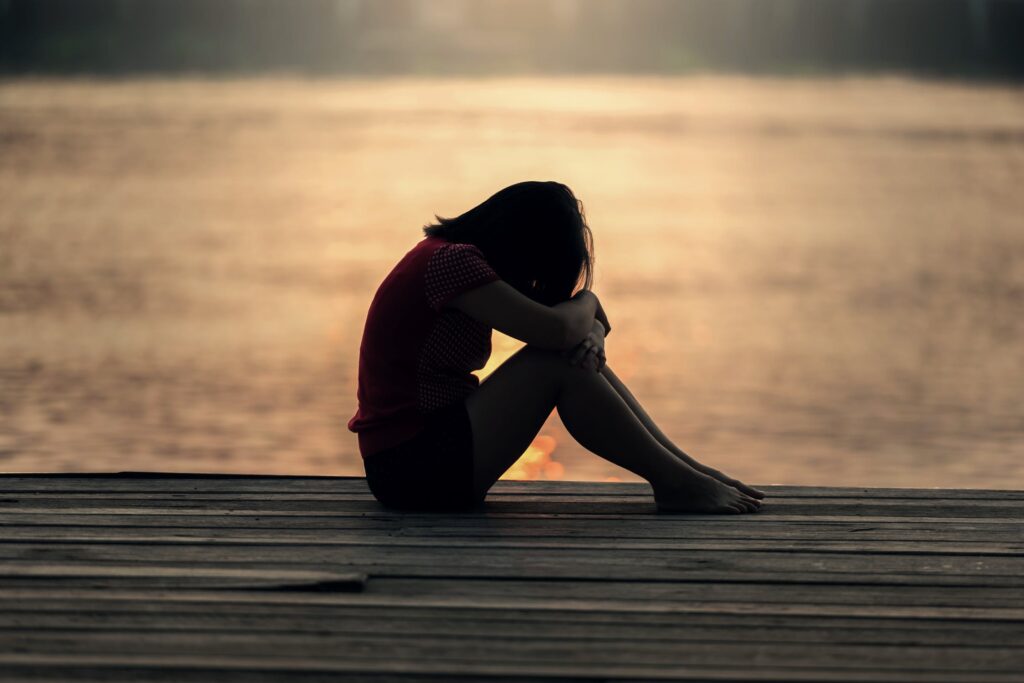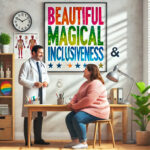Through sharing our stories, we can help beat eating disorders

Through sharing our stories, we can help beat eating disorders
In 2015, I almost lost my life to anorexia, and now I want to be an eating disorder and mental health campaigner. I want to help prevent others from having to go through the same struggle. The day I decided to commit to recovery, I made a promise to myself to one day be brave enough and well enough to share my story with the world. My aim in recounting my 16-year journey with anorexia, is not to seek sympathy or approval, but to inspire others. Additionally, sharing my story provides an insight for those who don’t understand much about eating disorders.
Story-writing allows the outside world to enter the mind of someone with a lived experience, and this can help to explain the complexities of these illnesses, to demonstrate how debilitating eating disorders are for the sufferer and also for the loved ones around that individual.
My most important message is that recovery is always an option and is possible. My story takes the reader on a journey from my childhood when life was truly amazing, before diving into the darkest of patches as anorexia took hold. There are also brighter moments when I started to regain life and venture a little further on my own path to recovery. The story may appear messy, as recovery from an eating disorder is never linear. Interspersed throughout are the letters I wrote to my family and Anna (my name for anorexia). Letter-writing enabled me to express my love and emotions towards my family who showed me constant love and support during my battles, even when I responded with nothing but bitterness when they tried to help me. Every day of my inpatient journey my family would visit me without fail, hug me, encourage me, and remind me that they would always be there for me. My letters to Anna enable me to finally make peace with her and acknowledge her role in bringing me to this moment. Most importantly, letter-writing enabled me to tell her that I was ready to walk forward without her now.
Reliving my dark and light
Writing my story was a challenge. I relived some of my darkest days, but at the same time, the writing experience enabled me to appreciate my journey, to be proud of where I have come from and to be excited about where I will go next. While writing, my emotions fluctuated between excitement and terror. At times I questioned whether I deserved to write my story when I wasn’t 100 per cent recovered. I was recovered functionally but continued to have battles in my mind. Then I realized that much bravery and courage is required to stand and say, “I am an eating disorder warrior who has come so far on her recovery journey, there are still a few small mountains to climb but I am determined to get there.” To be honest, and to speak my truth. This was enough to convince me that my story was worthy. So, I wrote with complete transparency.
At times, while writing, tears streamed down my cheeks as I relived darker moments. At other times, a small smile appeared as I compared where I was in the darkest of places to where I am now. I noticed that the strength, determination, and commitment that I applied to maintaining anorexia, is now what I use to pursue recovery.
Writing my story helped me to realise how I lived under a thick cloud of fear of failure my entire life, always needing to live up to the perfect standards I had set, fearing someday I may get ‘found out’ that I was not perfect. Now I take a different perspective. We are always told not to strive for perfection and that perfection doesn’t exist. But I disagree … what if all of us are already perfect, we are born perfect? What if it is our notion of what perfect means that changes as we grow, develop, blossom, and reorganize ourselves over and over again?
I hope that my story will provide somebody with hope, hope that they too can recover.
Together we can raise our voice, together we can beat eating disorders
My decision to share my story is not about wanting attention or praise. I want the world to know that eating disorders are deadly, they are not a fad for teenage girls, and at their core, they have nothing to do with food. They are a coping mechanism, a way to make someone feel safe in a world that is full of uncertainty. Eating disorders allow someone to feel like they can manage deep emotional difficulties that may be too overwhelming to deal with. Eating disorders flourish in those with low self-worth, someone who yearns to be accepted and is searching for external validation. I often wonder how a body-image-obsessed society fueled by diet culture is feeding into this. I do not blame society as the cause of eating disorders, but through my experience, I think diet culture contributes to their maintenance and the struggle entailed in recovery, and this needs to change.
Recovery is one of the most challenging journeys a person with an eating disorder can commit to. The struggle almost get harder when you get to the stage where you appear weight restored and ‘recovered’ yet still spend your days battling with the eating disorder voice in your head. A healthy-looking body does not always equal a healthy mind. This is something I have struggled with since working on recovery. People often commended me on my efforts and continually expressed ‘how well I look now’. Yet inside, I was still hurting, both from the nightmares I had thinking about the years spent with anorexia, and also because I knew I still had a long way to go to achieve full recovery. The world must appreciate how complex these illnesses are, how they rob someone of their physical and mental health, stealing every ounce of happiness. I envisage a world where we can speak openly about eating disorders, without someone fearing saying the word ‘Anorexia’. A world where people are kinder and gentler with those who are struggling with this illness.
Eating disorders have one of the highest death rates among any mental illness, yet we are still living in a world that does not appreciate the severity of these illnesses. Eating disorders are deep rooted mental illnesses and deserve just as much attention as any other health condition regardless of whether a person appears sick on the outside or not. Those with eating disorders do not deserve to be stared at and receive looks of disgust. And equally, those who appear healthy do not need to be commended on their body shape — just because you cannot see an eating disorder doesn’t mean someone is not suffering.
Those of us with a voice need to speak up, step into the arena and let our voice be heard. To fight back against eating disorders and help everyone who is struggling know that they must never feel ashamed, and that they are worthy of recovery, love, and a beautiful life ahead. We need to support these individuals, to be patient with them, to not give up on them regardless of how faint the light towards recovery may appear. Together, through sharing our stories, we can help to beat eating disorders.





